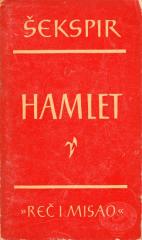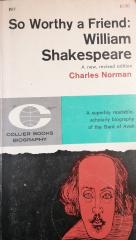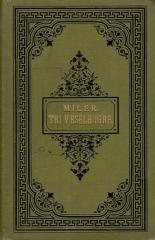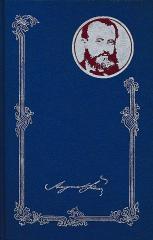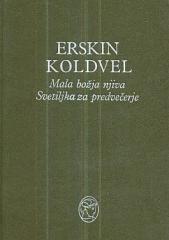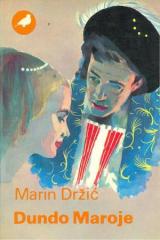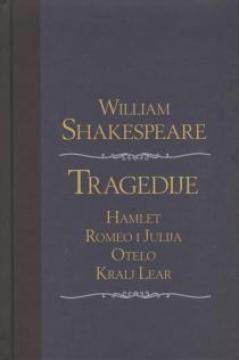
Tragedije: Hamlet / Romeo i Julija / Otelo / Kralj Lear
Masterpieces of the English playwright, known for their deep emotions, moral dilemmas and tragic fates of the characters. All tragedies combine deep psychology, social criticism and universal themes, making Shakespeare immortal.
Hamlet (1600–1601) follows the Danish prince Hamlet, who struggles with the ghost of his father, who reveals that he was murdered by Hamlet's uncle Claudius, now king. Hamlet feigns madness to plot revenge, but his introspection and hesitation lead to tragic consequences. Conflicts with his mother Gertrude, his lover Ophelia, and his friends result in the deaths of most of the characters, including Hamlet, in the final showdown. The play explores revenge, madness, and existential dilemmas.
Romeo and Juliet (1595–1596) is a romantic tragedy about young lovers from the feuding Montague and Capulet families in Verona. Despite a secret marriage, misunderstandings, conflicts, and fate lead to a tragic ending: Juliet's apparent poisoning and Romeo's suicide, followed by her awakening and death. The play celebrates passionate love but criticizes blind hatred and discord.
Othello (1603–1604) depicts the Venetian general Othello, who is manipulated by the envious Iago into doubting the fidelity of his wife Desdemona. Iago's treachery and Othello's jealousy lead to the murder of Desdemona, after which Othello, realizing the truth, commits suicide. The tragedy explores jealousy, racism, and betrayal.
King Lear (1605–1606) follows an old king who divides his kingdom according to the false declarations of love between his daughters Goneril and Regan, while his true daughter Cordelia is exiled. Lear's madness and family betrayal lead to chaos, while the parallel story of Gloucester reinforces the themes of blindness and loyalty. The tragedy culminates in the deaths of Lear and Cordelia.
Multiple copies are available
Copy number 5
- Leichte Beschädigung der Abdeckung
